Outcome could have broader implications for how pot is sold on and off First Nations
From CBC by Aya Dufour January 15 2024
Although the 10 defendants who logged into a virtual Superior Court of Justice trial on Monday are from different areas of Ontario, they have two things in common: they’re Indigenous, and they’re facing pot charges dating back to the early days of legalization.
Except for one of them, their stories are similar: between 2019 and 2021, they owned or worked at cannabis dispensaries on First Nations without having the required licences or approval from their chiefs and councils.
Their cases have been bundled into one as they all raise the same constitutional question: Whether the charges infringe on their traditional rights by preventing them from trading cannabis and hemp.
The accused belong to different communities, including Wahnapitae, Henvey Inlet and Garden River First Nations.
But their lawyer, Michael Swinwood, will argue all 10 individuals can actually trace back their genealogy to a long-forgotten Indigenous nation called Amikwa.
Amikwa is not recognized by the federal government or other First Nations in the area. But its chief, Stacy Amikwabi, says efforts are underway to rebuild the community through historical research and advocacy.
As the Amikwa never signed a treaty or ceded their territory, Swinwood says, cannabis laws do not apply to its members, and they have the traditional right to use and trade cannabis and hemp.
A previous constitutional challenge on Indigenous hunting and fishing rights using the Amikwa Nation identity was dismissed in North Bay in 2021.
As part of the Sudbury trial, experts will testify about both the existence of the Amikwa in the contact period, and whether the use and trade of cannabis and hemp was one of their traditions.
The court could potentially issue different rulings on either question, which in turn would have broader implications for indigenous rights as a whole.
A long-awaited trial
Canada’s Cannabis Act, which legalizes cannabis for non-medical use, production and sale, came into effect in October 2018.
The constitutional challenge playing out in Sudbury was raised almost four years ago. The pandemic and general backlog are partly to blame for the delay in the case making its way to trial.
In a social media post, one of the defendants, Derek Roque, says “the past four years have been horrific.”
“We have been on bail and can’t do anything to support ourselves … people don’t understand the pressure we’ve been under for standing up for our rights,” he said.
Laurentian University Prof. William James Newbigging and expert Konstantia Koutouki, a University of Montreal law professor, are expected to testify about the existence of the Amikwa and the use of hemp among indigenous peoples pre-contact sometime next week.
The three-week trial is expected to wrap up in early February.

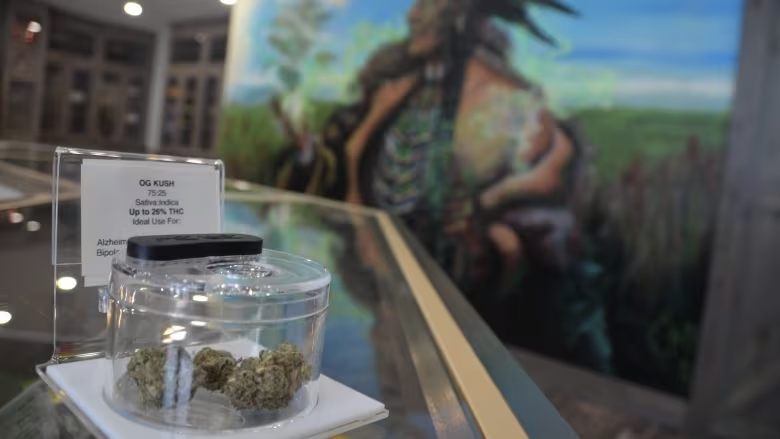

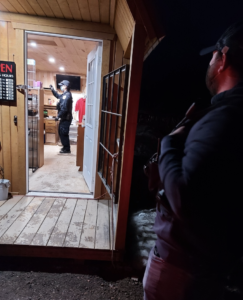
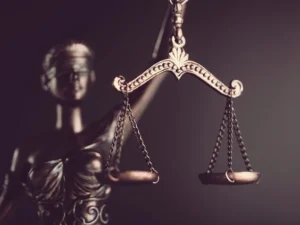
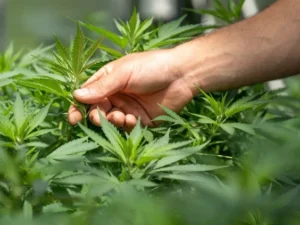
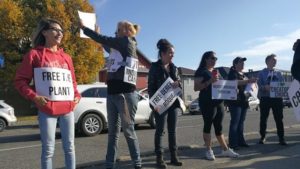
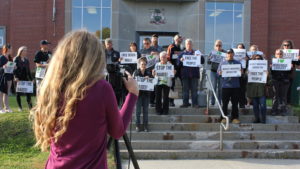

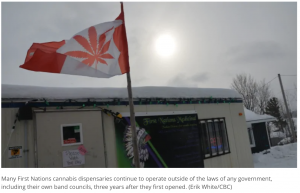


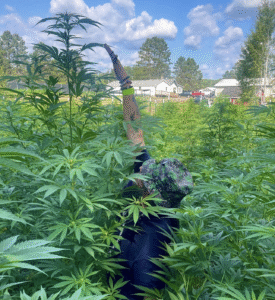
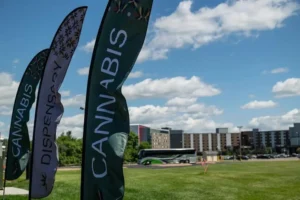
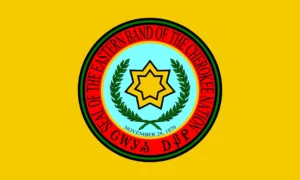
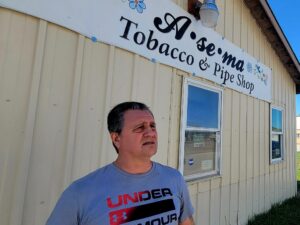



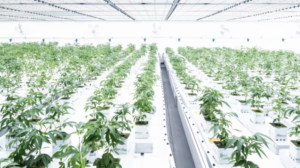



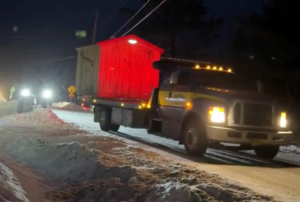
Comments are closed.